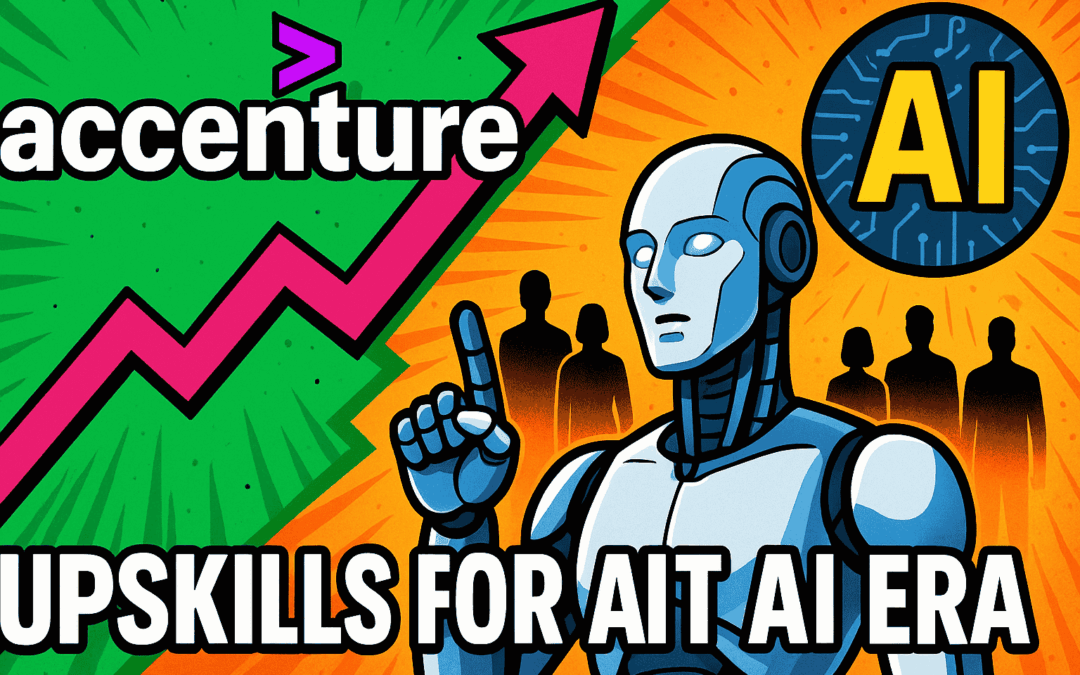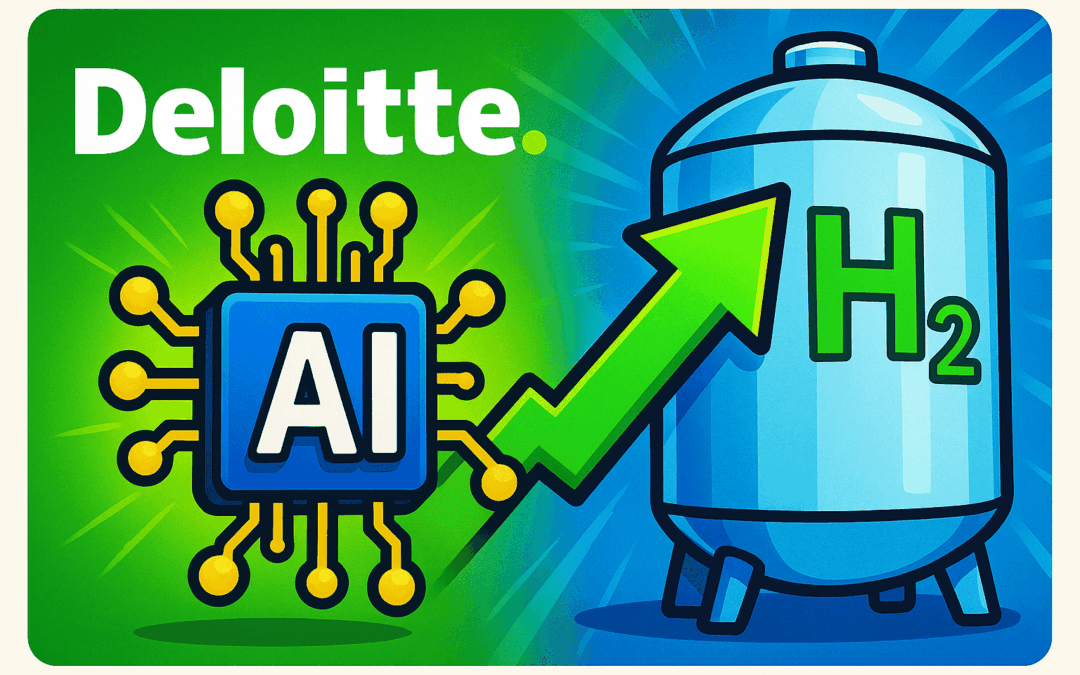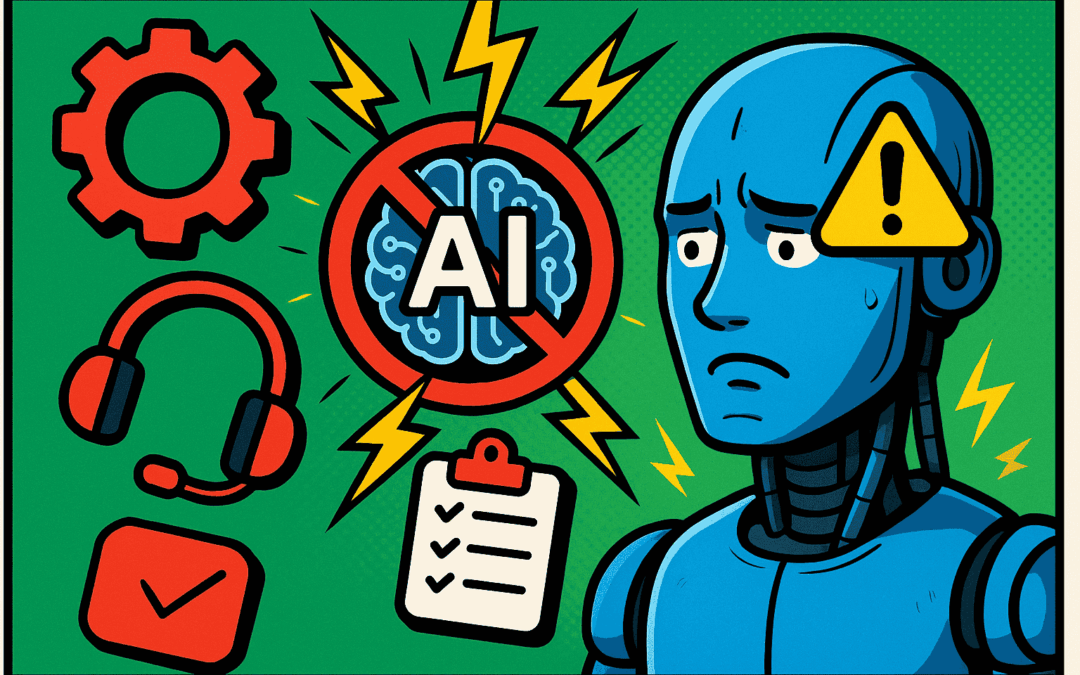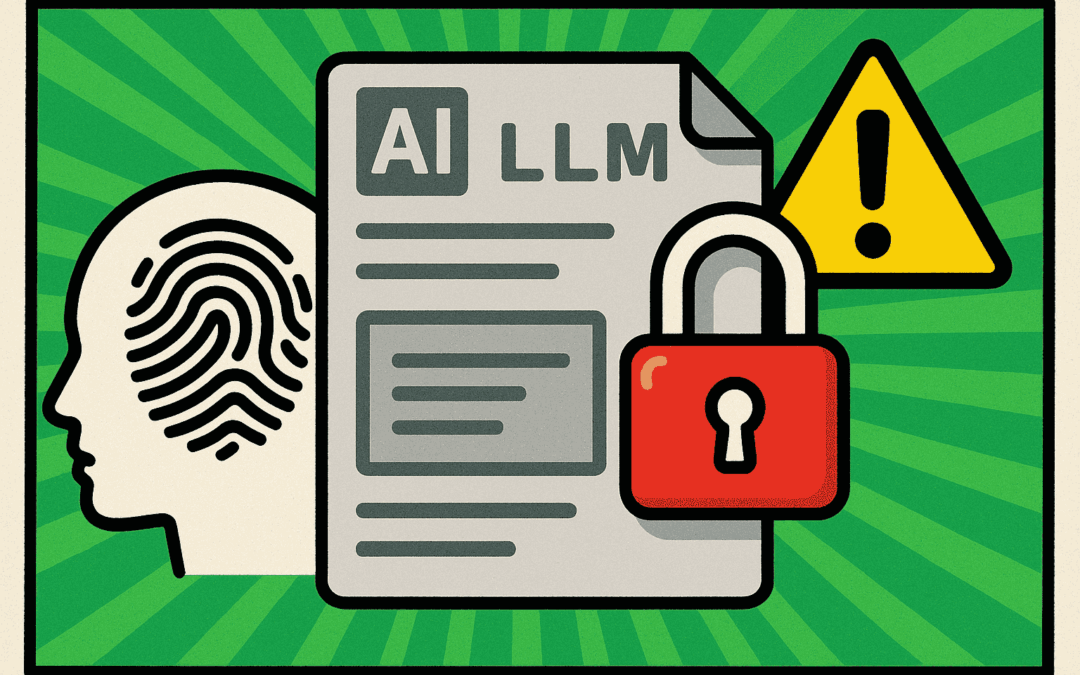The rapid growth of generative AI and large language models (LLMs) drives excitement and investment, but industry realities reveal that transforming traditional services with AI may face steeper challenges than early projections suggest.
Investors, founders, and professionals focusing on AI-powered services must understand the nuanced obstacles, adoption bottlenecks, and the emerging best practices shaping this evolving landscape.
Key Takeaways
- VCs often underestimate the time and complexity required for generative AI to deliver meaningful transformation in classic service sectors.
- Enterprises cite integration, data security, and regulatory concerns as major adoption barriers to AI services.
- AI startups must offer not only compelling technology but a clear path to compliance and legacy system compatibility to unlock enterprise deals.
- The competitive edge of AI firms increasingly depends on domain expertise and tailored, vertical applications — not just foundational models.
- Successful AI service deployment often relies on human-in-the-loop workflows, especially in high-stakes industries.
Complex Realities Behind AI Service Transformation
“Enterprise adoption of generative AI services is stalling on legal, regulatory, and workflow integration fronts, despite intense VC optimism.”
Major headlines about record-breaking fundraising and rapid AI tool development obscure a slower, more fragmented reality: businesses remain cautious.
According to a recent report by The Wall Street Journal, many corporations still limit AI to pilot projects due to operational risk and compliance worries. The challenge isn’t just deploying an LLM but integrating it seamlessly with existing workflows, maintaining data security, and meeting evolving regulations.
Early-stage startups frequently underestimate the hidden costs and time to reach meaningful AI-driven change at the enterprise level.
While tools like OpenAI’s GPT-4 and Google’s Gemini draw hype, real transformation demands intricate orchestration between machine intelligence and human expertise, particularly in regulated domains such as finance and healthcare.
Implications for Developers, Startups, and AI Professionals
For engineers and AI startups, the path forward lies in developing highly tailored, sector-specific AI tools that address both technical performance and real-world constraints.
Industry insiders highlight that buyers increasingly seek partners who can help them navigate the maze of data residency, explainability, and compliance — not just provide off-the-shelf models.
“Startups that blend generative AI capabilities with human-in-the-loop design and proven compliance frameworks will lead the next wave of enterprise adoption.”
Teams should expect to work closely with IT, legal, and data teams on every client implementation. Furthermore, as FT coverage confirms, partnerships with established consultancies increasingly shape rollout approaches, lending credibility and operational expertise.
The New Competitive Frontier: Specialization and Trust
Rather than relying solely on advances in LLM architecture or larger parameter scales, the most successful AI service companies now build on domain knowledge, integrate proprietary enterprise data, and develop robust ecosystem partnerships.
Companies like Covariant (robotics) and Harvey (legal AI) exemplify this shift toward specialized, application-driven AI products.
The expectation of “AI as a service” instantly replacing traditional consulting models has faded. Firms now recognize that the future belongs to those who can embed generative AI safely and effectively within complex enterprises, balancing automation with the need for accuracy and compliance.
“Trust, domain expertise, and measurable business outcomes have become the defining competitive differentiators for AI solution providers.”
Outlook
Despite VC enthusiasm, true AI service transformation will come from persistent, nuanced problem-solving and realistic alignment with enterprise needs.
Startups and developers who focus on integration challenges, regulatory landscape, and operational partnerships stand to capture greater market share as enterprise AI matures beyond the hype phase.
Source: TechCrunch











